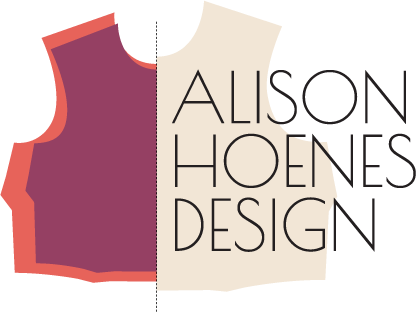Whether I’m meeting a new factory at a trade show or interviewing a factory for a client project, the one question that I always ask is ”What do you specialize in?” It may seem like a simple question, but how they answer tells me what type of work I should send them and whether I want to work with them at all.
Factories are set up to cut and sew products in an efficient, assembly-line fashion. It takes precise machinery, skilled people, and a thought-out workflow to output quality garments. Different types of fabrics, such as knits, silks, leather, or special occasion fabrics, require unique care in cutting and sewing. Different types of products also require specialized machinery or expertise. Product categories like suiting, activewear, bridal, or tactical gear each need a different combination of tools and machinery to put them together. When I ask a factory what they specialize in, I want to know what their machinery and skills are best set up to do. I only want to send them the type of product and fabric that they specialize in.
What they specialize in will be the thing that they do the most of and have the most experience in. Practice does make perfect, so sending them the type of product they are used to sewing all day every day will yield the highest quality. The less of a learning curve that’s needed to make your garment, the more likely they will get it perfect on the first sample.
Besides quality, another reason to ask what a factory specializes in is to get the best price. A factory that is set up to efficiently make your type of product will be able to give you a better price than one that has to reorder their workflow or set up a new machine. If it takes them less time and effort to sew, they can give you a more competitive price.
A specialized factory will also be able to suggest construction changes or offer other recommendations to improve the quality or lower the cost of your garment. Let them know you are open to their feedback and recommendations and take them seriously! If they have expertise in your product category, they will know better than anyone how your fabric handles and how your product comes together.
Even if a factory has impeccable skill in one type of product or fabric, they may not have the equipment or experience to do your type of product with the same quality – even if your product is easier to make. I once worked with a factory that had opened up a new location and hired sewers who were skilled in tailored suiting. The factory was sewing cut-and-sew v-neck tees for us and, even though tees are far easier to make than a suit jacket, there were so many problems. The v-necks were crooked, neck bands were stretched unevenly, and sleeve seams were starting to tear open. This didn’t mean that they were a bad factory or had unskilled workers, it just meant that that location didn’t specialize in the product we were trying to make.
A good factory will tell you what they specialize in and tell you what machines they have. They will also tell you what they don’t do or can’t do at a competitive price. This is key. If a factory tells me that they can do anything, I take that as a red flag. They may be able to do everything, but I know they won’t be able to do everything (or perhaps anything) well.
